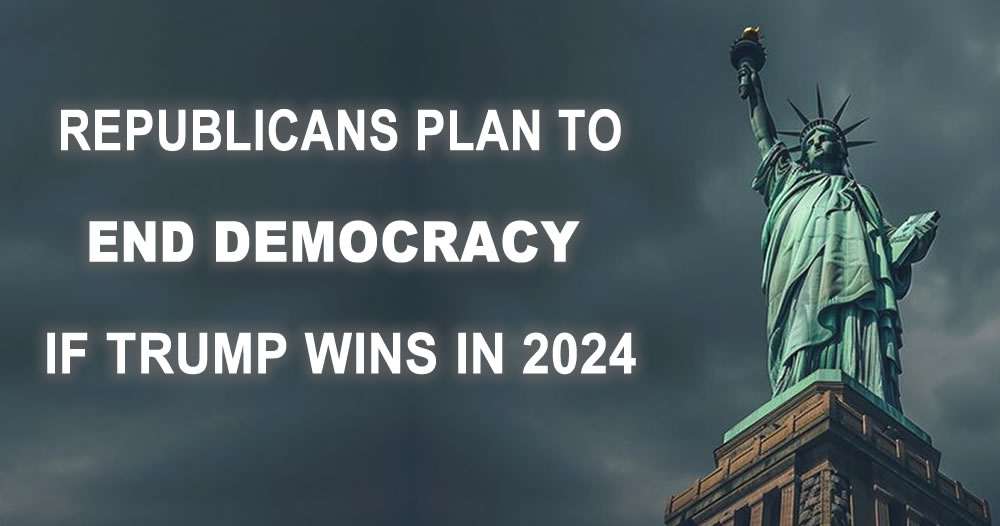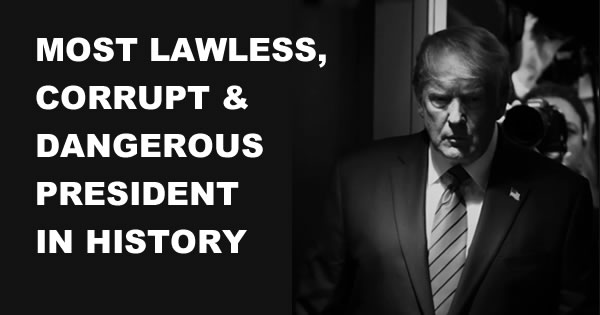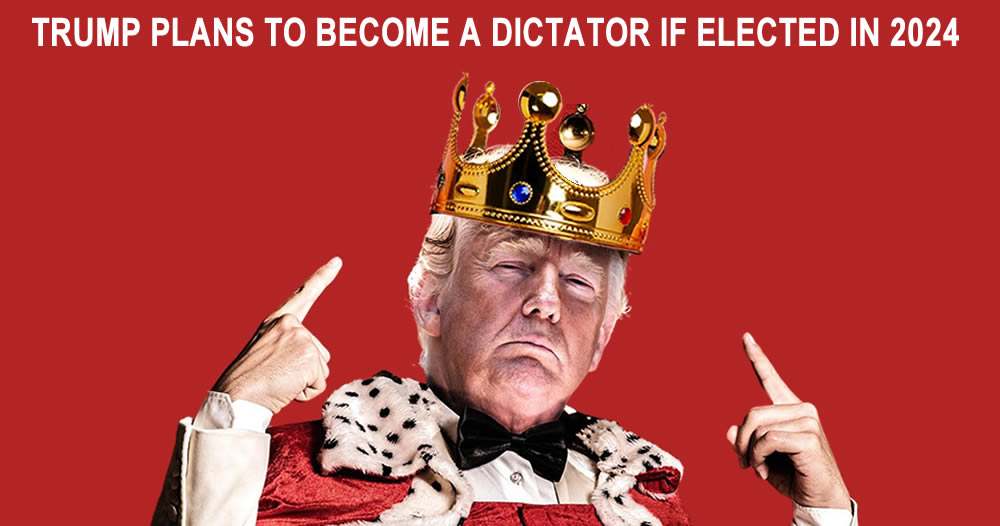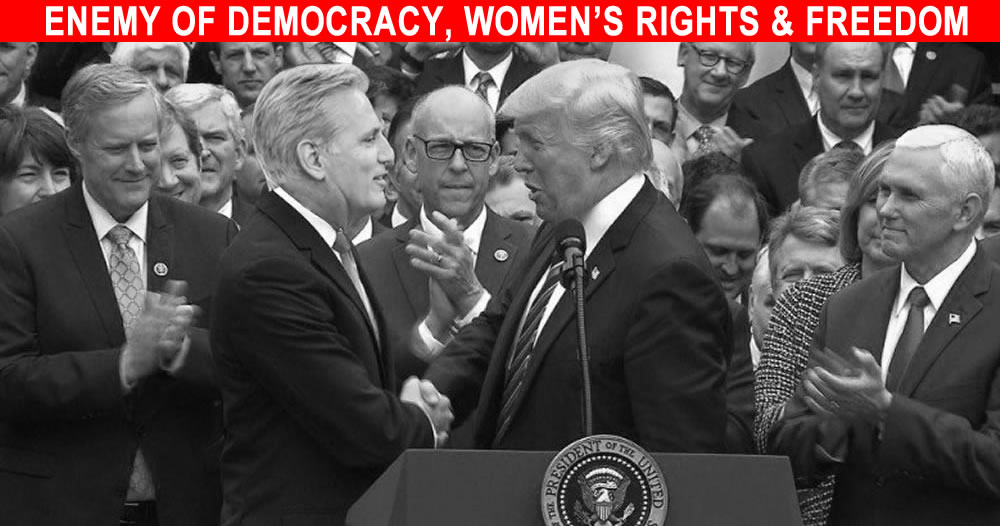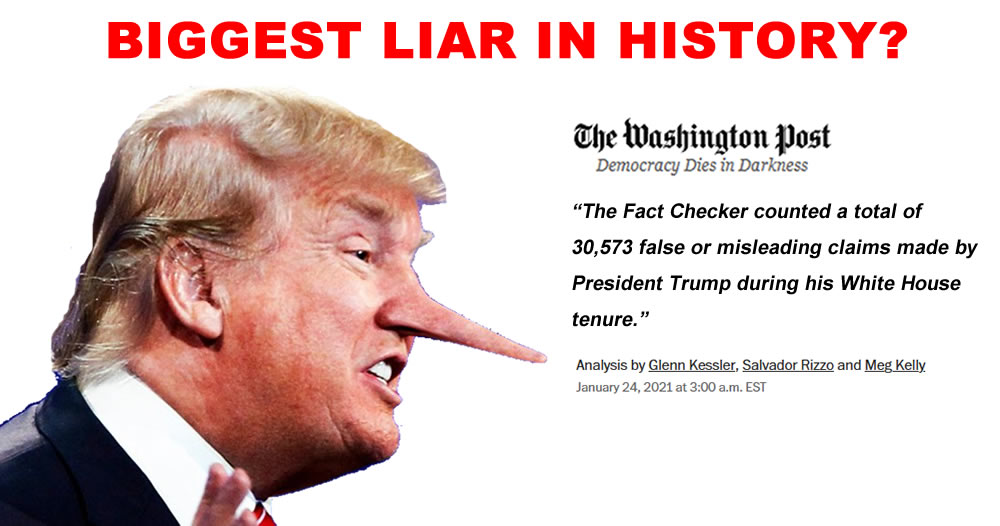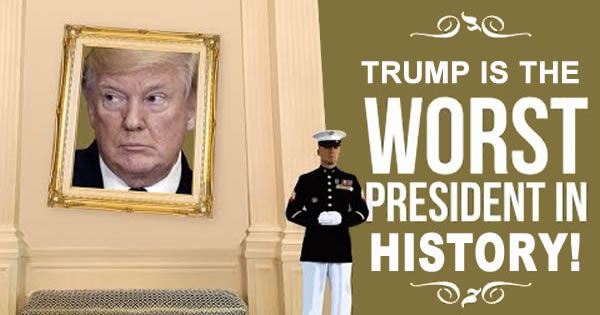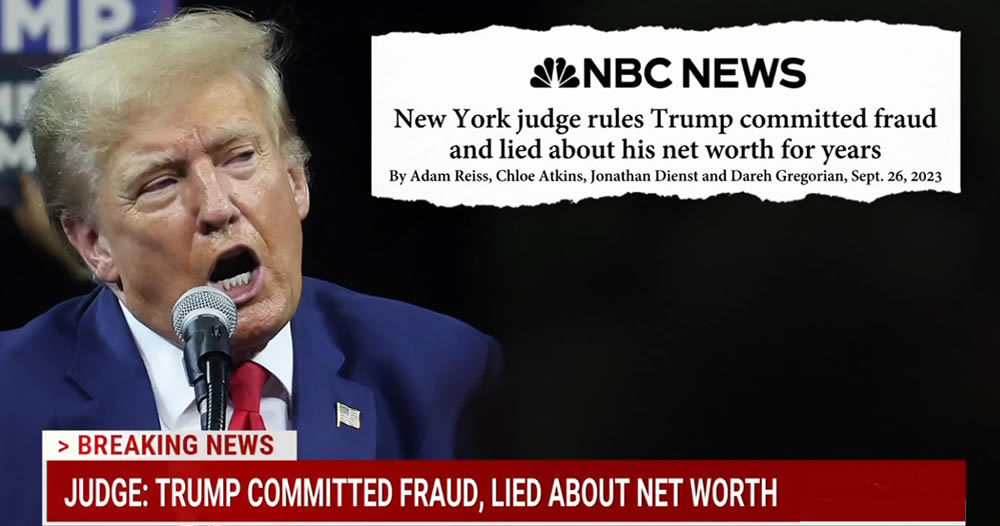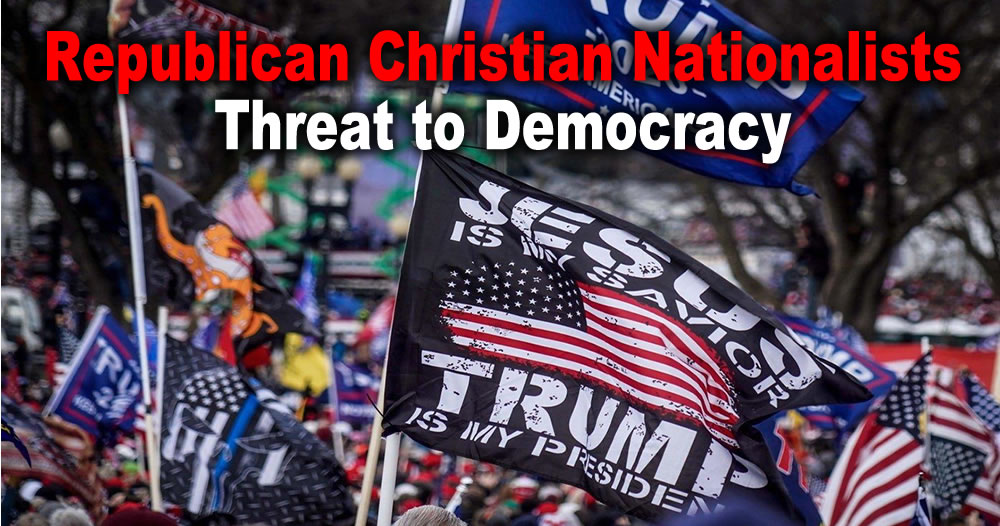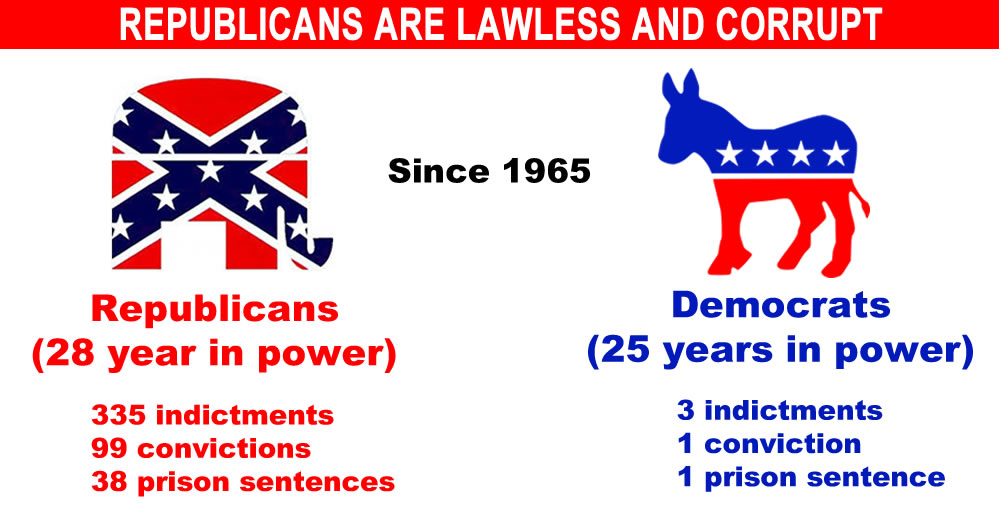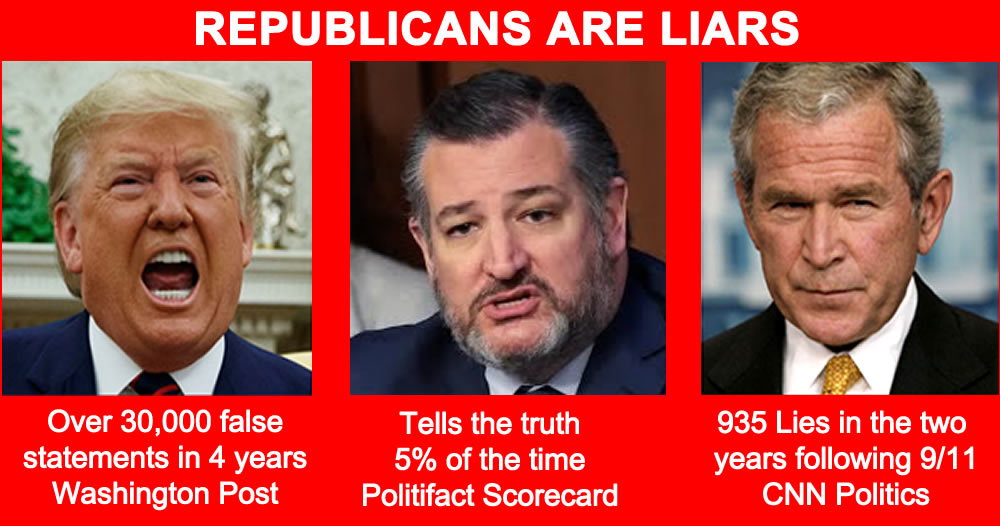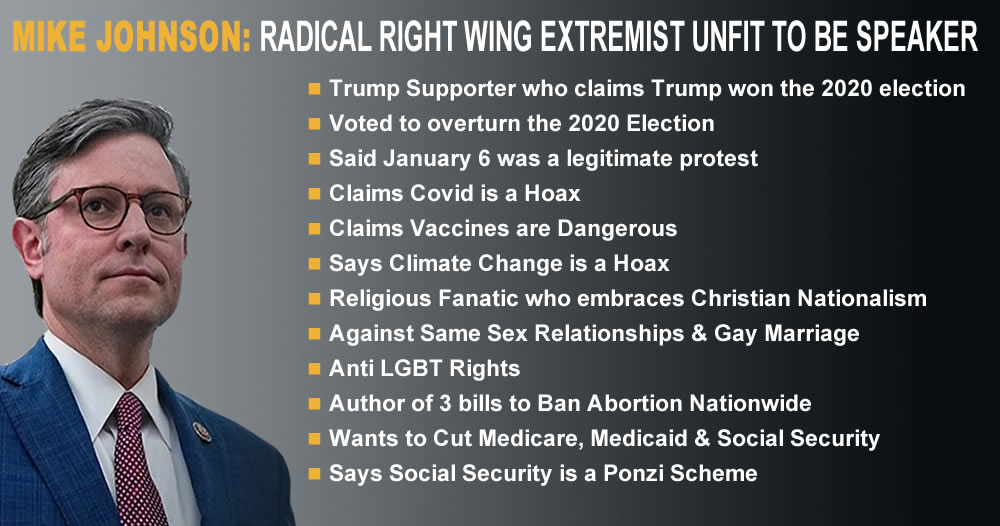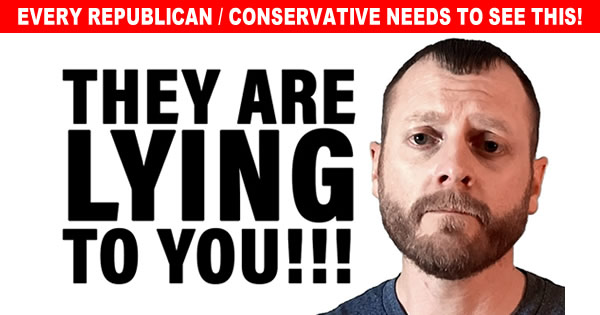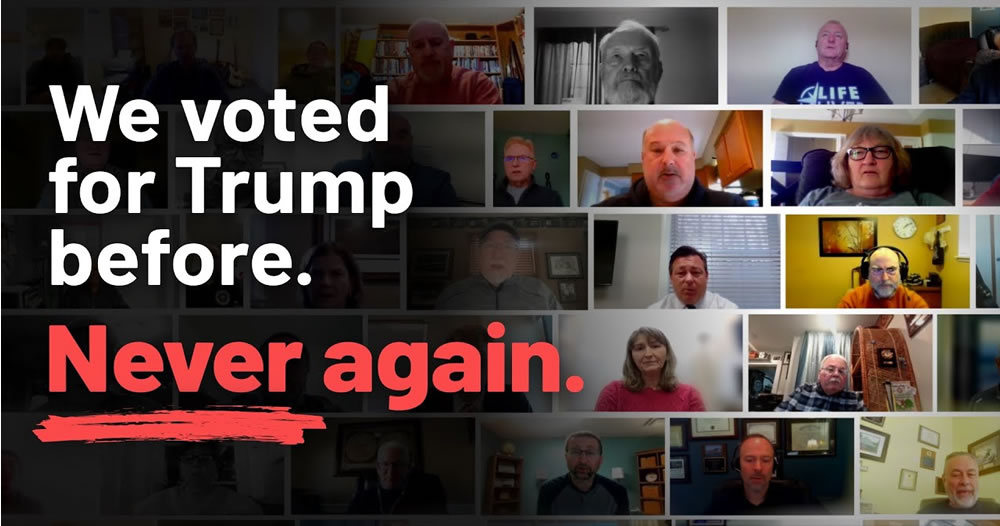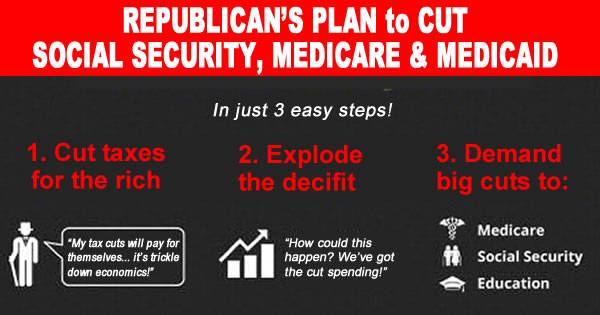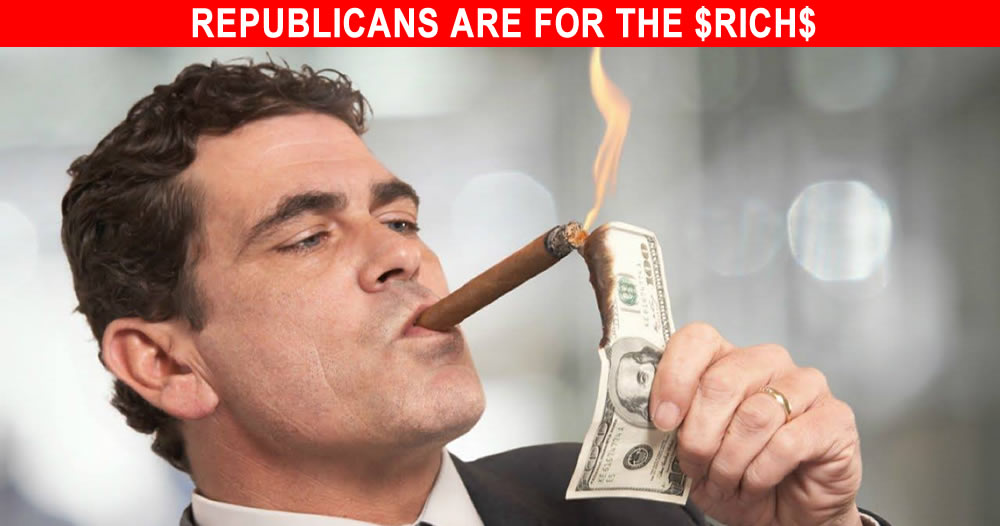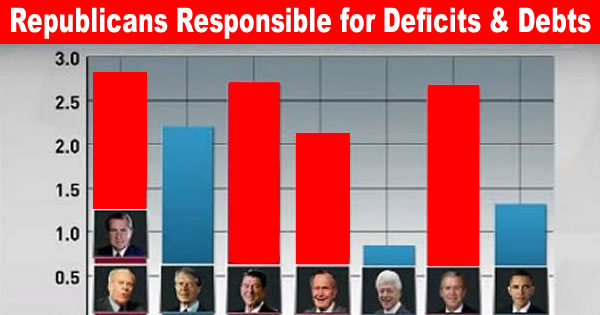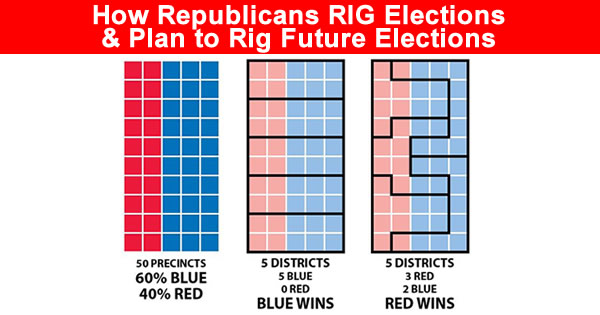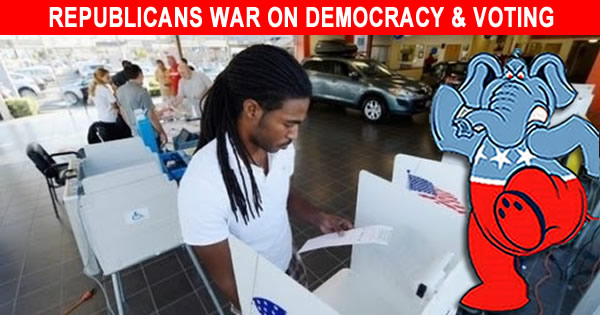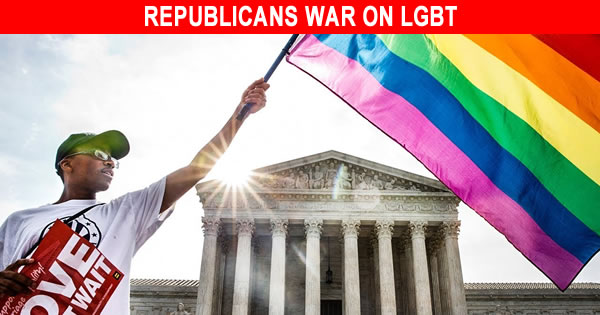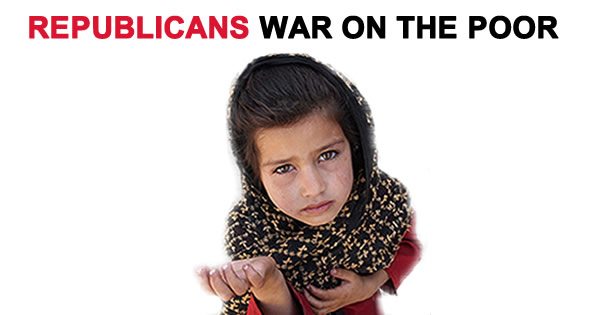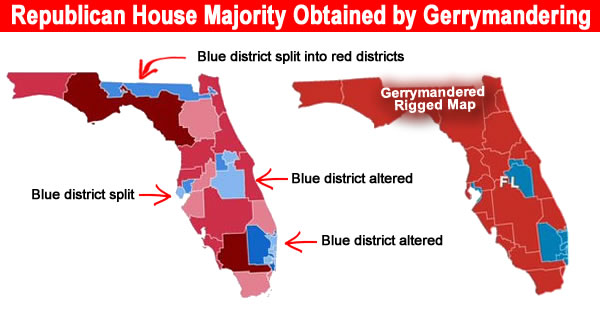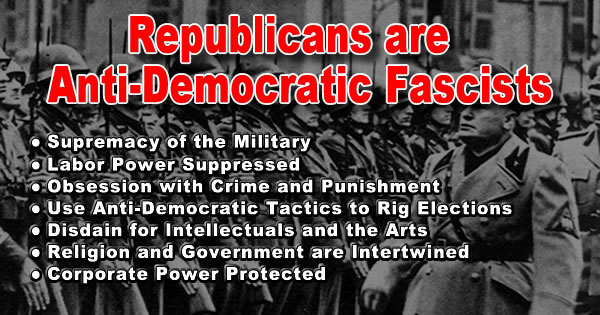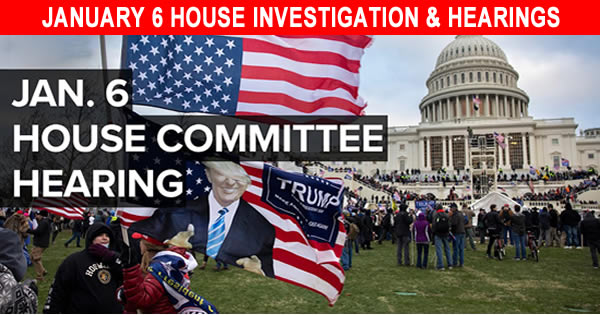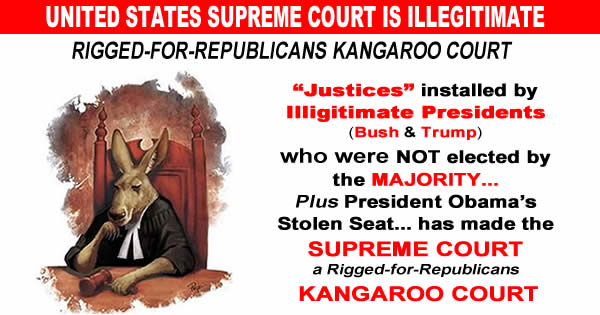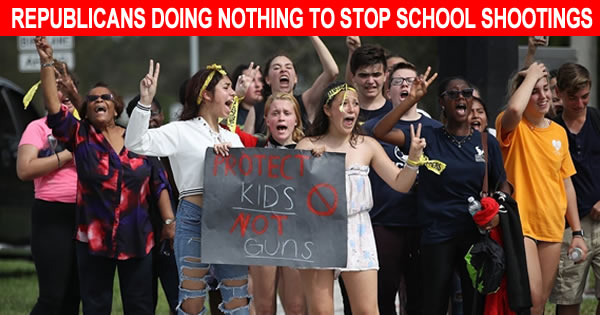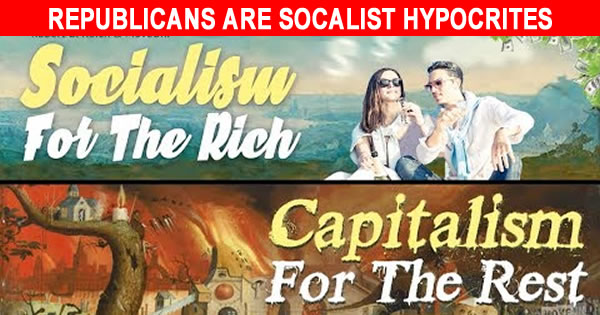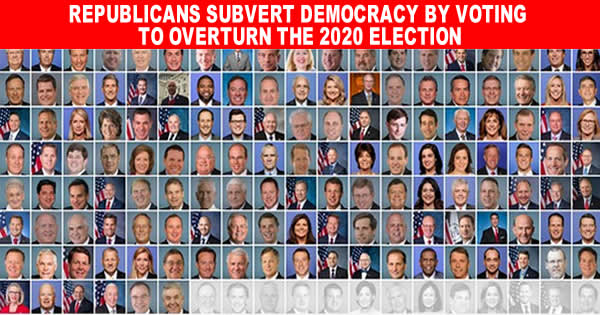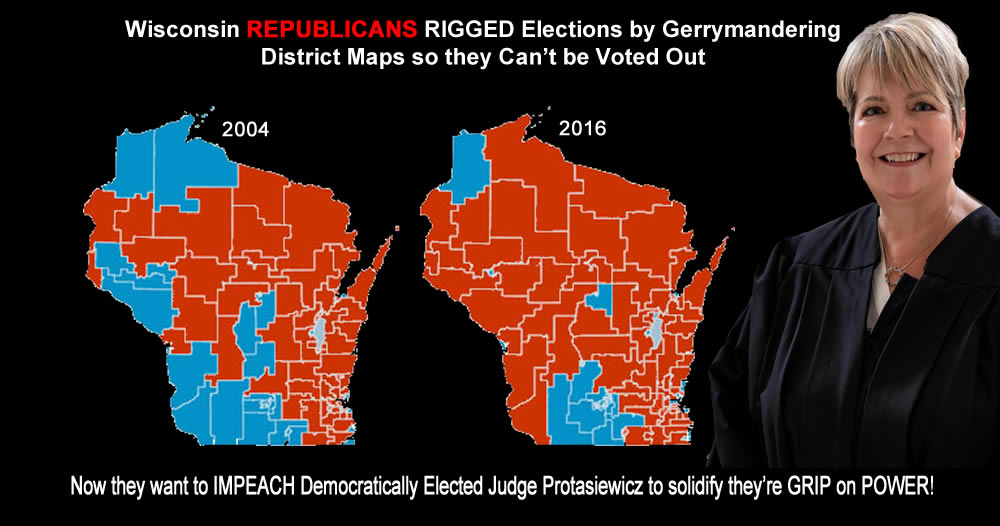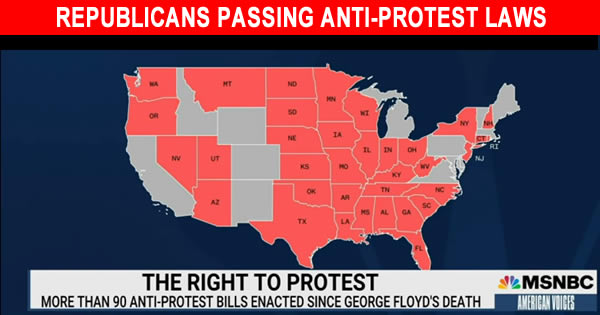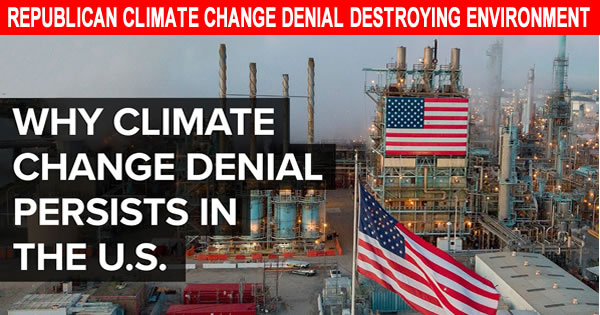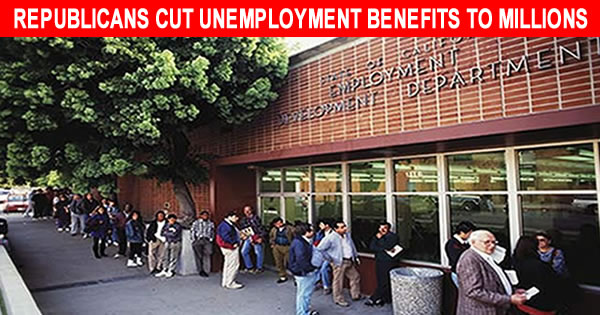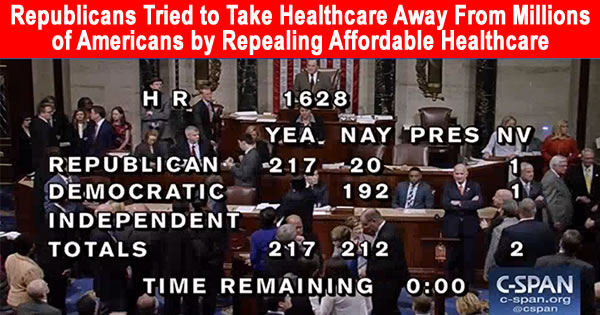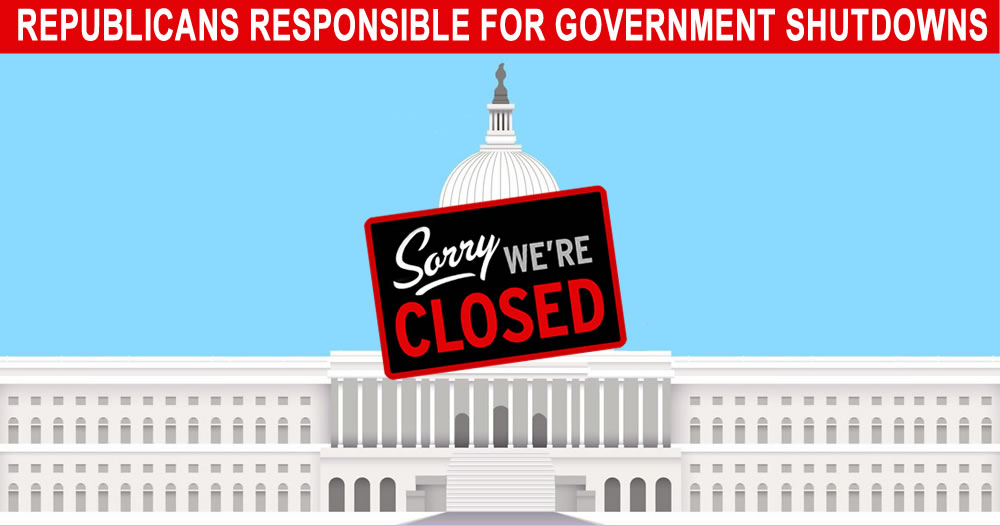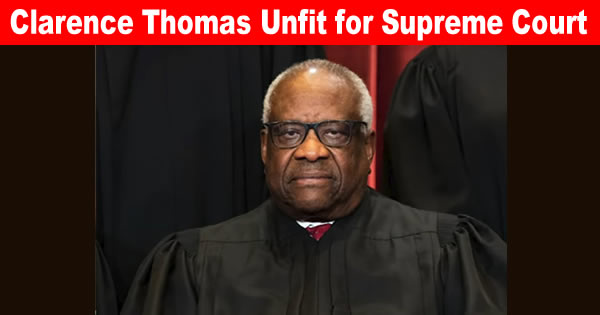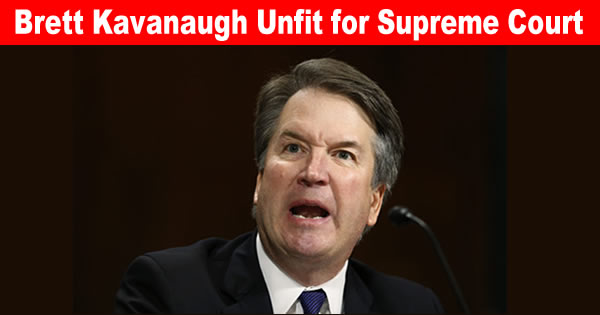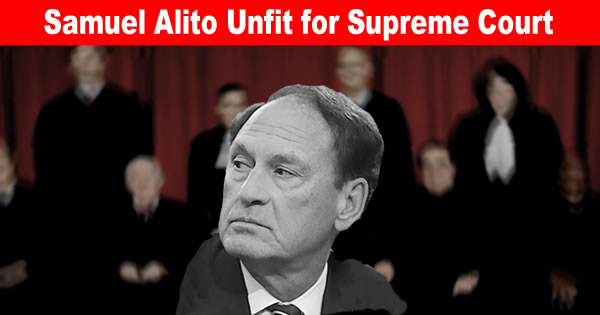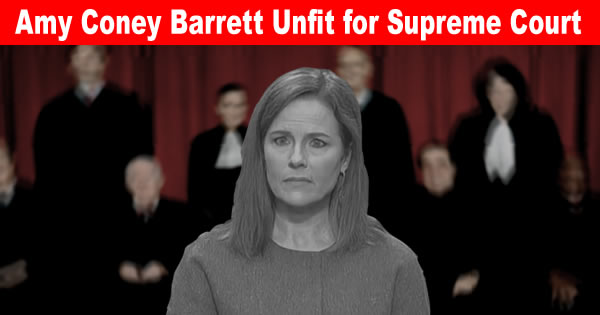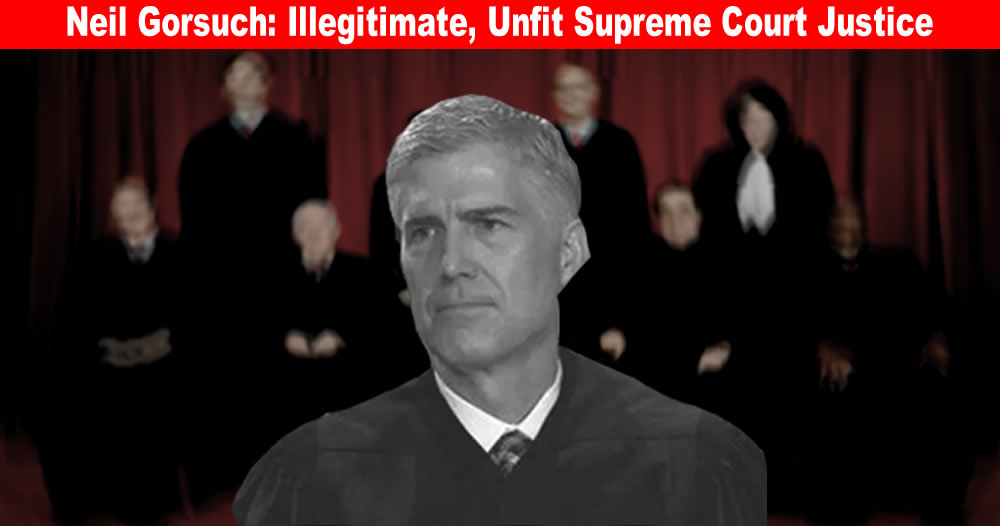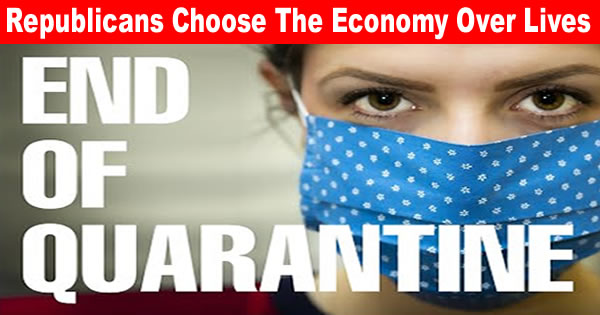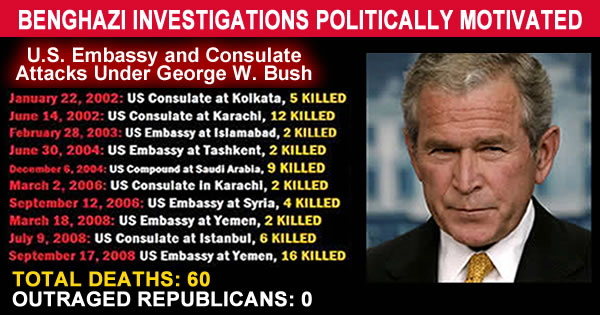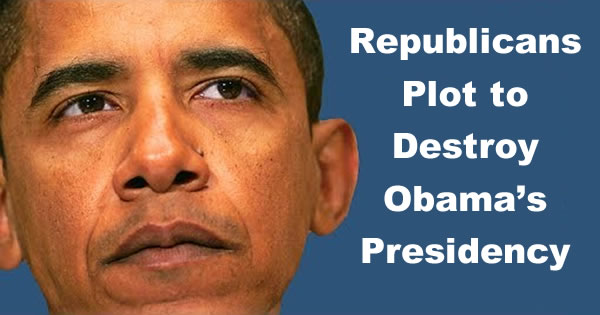Pandemic Proves Right-Wing Populist Worldwide Incompetent
Self-Absorbed, Uncaring, Incompetent: COVID Has Exposed Populist Leaders for What They Are
As the world completes five months since the first coronavirus death became public, more than 10 million people across the world have been infected and over 500,000 have died.
COVID Has Exposed Populist Leaders as Self-Absorbed, Uncaring and Incompetent
Per the above article; “From the US and Brazil to India and the UK, the very qualities that catapult populist leaders to power are those that make them dismal failures at handling a serious national emergency.
As the world completes five months since the first coronavirus death became public, more than 10 million people across the world have been infected and over 500,000 have died. The dramatic spread of the disease, the high casualty rates in so short a period, the economic havoc that this pandemic has caused and the apparent inability of global science to bring it under control so far, all these have raised questions about how different governments and their leaders have coped with the challenges – medical, administrative, economic and political – thrown up by this catastrophe.
Four democratic countries – the United States, Brazil, the UK and India – are among the top five in the world in the infections league table (Russia being the fifth). The US leads the group by a wide margin: currently, it had over 2.6 million infected patients and nearly 120,000 dead. Brazil follows with 1.3 million infected persons and 57,000 dead; India with nearly 550,000 infected and over 16,000 reported dead, and finally the UK with 311,000 infected and 43,000 dead. These four countries taken together account for 46% of those infected globally and 48.5% global deaths.
The leaders of these countries – Trump, Bolsonaro, Modi and Johnson – from different continents, heading very different countries, and with different political, economic and social backgrounds, share their identification as “populist leaders” of functioning democratic systems.
In 2017, Professor Pippa Norris of Harvard University, who was then researching populism, had noted that there had been “little comparative study of whether populists deliver better or worse results for their people than other types of politicians”. The pandemic clearly provides the first real test of these four high-profile populist leaders in handling a complex national crisis and offers a unique insight into their mode of functioning in the face of the challenges before them.
Dutch political scientist Cas Mudde in 2004 defined populism as a “thin ideology” in that, unlike developed ideologies like fascism or socialism, it refers to only “a very small part of a political agenda”. While the former takes a comprehensive view of politics, economics and culture in a state order, populism only refers to reordering the existing political establishment so that the leadership comes to reflect the “general will” of “ordinary people” in terms of their desires, needs and aspirations rather than those of the “elite” who are inherently corrupt and motivated only by self-interest.
In a more recent study, Jan-Werner Muller described populism as “a particular moralistic imagination of politics, a way of perceiving the political world which opposes a morally pure and fully unified – but ultimately fictional – people to small minorities who are put outside the authentic people”.
Populists thus distinguish between two separate sets of people in the political order – “the pure, innocent, always hardworking people”, the good people, who are positioned against a selfish, self-centred and “corrupt elite”, who are in an “unhealthy coalition” with other marginal groups, eg, racial minorities and illegal immigrants in the US and Europe and ethnic, religious or sectarian minorities in other countries.
The moral distinction that defines the populist brand of politics is affirmed by periodic elections which provide representation to “the right people who are making the right judgement”. Once the popular will has been expressed, the people are expected to leave governance to the leader who has been elected due to his “superior capacity to discern the common good”. He governs on the basis of his deep personal bond with the “people”, whose interests have so far been neglected in the normal political processes.
What Trump and Bolsonaro, Modi and Johnson share
The four leaders whose record in handling the pandemic is being examined here have different personalities and backgrounds but they share certain traits.
One, all four project themselves as outsiders who have forced themselves into national politics to rid the system of pre-existing corrupt “elite” who pandered to self-interest and pampered minority groups at the expense of the truly marginalised and downtrodden in the nation.
Two, at least three of them shape their support base by “othering” minority groups – immigrants in the US; Muslims in India, and indigenous communities in Brazil. (Boris Johnson is generally regarded as a self-centred opportunist and is not known to dislike any particular community or group, except possibly the European Union).
Three, all four are egotistical, self-absorbed and confident in their own knowledge, understanding and wisdom, having little need for consultation, deliberation or expert advice.
Four, they have very adaptable belief-systems, with little genuine empathy for the deprived. To retain their image as caring and to maintain their support base, they do proffer schemes for the poor that are generally very popular. Arjun Appadurai refers to such welfare initiatives as “populism from above” – motivated almost entirely by electoral considerations and, hence, being strong on rhetoric and weak in implementation. At the end of the day, all of them are wedded to the promotion of the interests of big corporates and the initiatives pursued most vigorously are those in this direction.
Five, all four dislike criticisms of their performance: they intimidate media critics or, as in the US and India, co-opt sections of mainstream media as the mouthpiece for their achievements.
Six, both Trump and Bolsonaro frequently indulge in boorish behaviour, usually to wild cheers from their supporters; Modi and Johnson are restrained in public, but this is made up, at least in Modi’s case, by several of his supporters who excel in uncouth speech and conduct”.
Right-Wing Responsible For Pushing Coronavirus Disinformation On Twitter Worldwide, New Report Says
Conservative and right-wing voices play an outsized role in spreading mis- and disinformation online about the coronavirus pandemic worldwide. This is despite their diminishing share of the overall online discussion between January and March of this year.
Right-Wing Responsible For Pushing Coronavirus Disinformation On Twitter Worldwide, New Report Says
Per the above article: “Conservative and right-wing voices play an outsized role in spreading mis- and disinformation online about the coronavirus pandemic worldwide. This is despite their diminishing share of the overall online discussion between January and March of this year. This is according to a new report released today by Graphika, a company that specializes in using artificial intelligence for digital marketing and the study of online disinformation.
Graphika’s findings show that the U.S. right-wing’s share of Twitter discourse about coronavirus peaked in February but declined in March as more mainstream voices began to take up the issue. Nonetheless, the U.S. right-wing has played a particularly important role in the rise and spread of various forms of coronavirus disinformation.
“Conservative groups have a larger total presence than liberal groups in the disinformation map, and the combined volume of activity from conservative groups is 27%, compared with 8% from left-leaning groups,” the report says. “This indicates not only that there are more right-wing accounts, but these accounts are also more prolifically producing content than their left-wing counterparts.”

